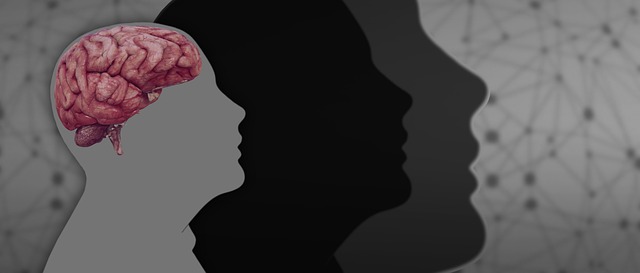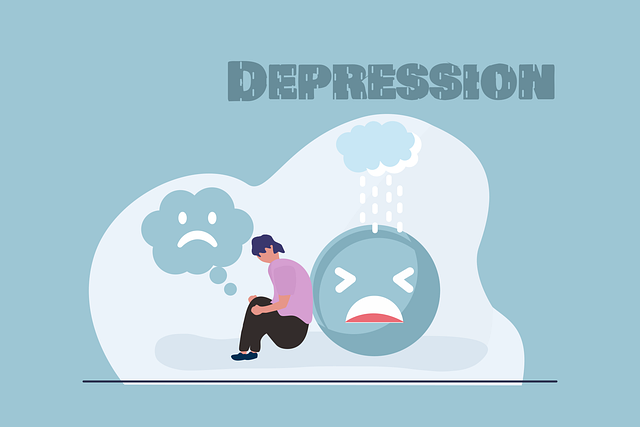Mental health courts provide a specialized judicial approach, prioritizing treatment over punishment for individuals with severe mental illnesses in the criminal justice system. Through dedicated court dockets, these programs facilitate collaboration between legal professionals, mental health experts, and service providers. Legal representation is crucial, advocating for client rights while ensuring comprehensive assessments, personalized treatment plans, stabilization, and long-term wellness. This innovative approach aims to reduce recidivism, promote de-stigmatization, and foster community reintegration.
Representing clients in mental health court cases requires a unique blend of legal expertise and empathetic understanding. This article delves into the world of mental health courts, exploring their purpose, jurisdiction, and distinctions from conventional legal systems. We discuss the challenges faced by attorneys, including managing sensitive client data, collaborating with mental health professionals, and combating stigma within the legal framework. Effective strategies for legal representation are presented, emphasizing rapport building, tailored communication, and leveraging expert witnesses to ensure optimal outcomes for mentally ill clients.
- Understanding Mental Health Courts and Their Role
- – Definition and purpose of mental health courts
- – Jurisdiction and eligibility criteria for clients
Understanding Mental Health Courts and Their Role

Mental health courts are specialized judicial forums designed to address the unique needs of individuals with severe mental illnesses who have become involved in the criminal justice system. These courts recognize that traditional criminal proceedings often fail to account for the complex challenges faced by people living with mental health conditions. By providing a more compassionate and tailored approach, mental health courts aim to improve outcomes for both the individuals involved and the community at large.
Legal representation plays a crucial role in these court settings. Advocates or attorneys who specialize in mental health law ensure that clients receive fair and effective representation. They navigate the intricate legal processes, advocate for their clients’ rights, and help de-stigmatize mental illness within the judicial system. Through dedicated legal representation, individuals with mental health concerns can access appropriate treatment, support services, and, where applicable, alternative sentencing options, ultimately fostering a more just and inclusive criminal justice framework.
– Definition and purpose of mental health courts

Mental health courts are specialized judicial programs designed to address the unique needs of individuals with severe mental illnesses who have come into contact with the criminal justice system. These courts aim to provide an alternative approach to traditional prosecution, focusing on treatment and recovery rather than punishment. The primary purpose is to ensure that those struggling with mental health challenges receive appropriate legal representation and access to specialized services, ultimately reducing recidivism rates and promoting community reintegration.
By offering dedicated court dockets, mental health courts can facilitate collaboration between legal professionals, mental health experts, and service providers. This collaborative environment allows for a comprehensive assessment of the client’s needs, tailored treatment plans, and continuous support throughout their recovery journey. Effective legal representation in these courts is pivotal, as it advocates for the individual’s rights while guiding them towards stabilization and long-term wellness.
– Jurisdiction and eligibility criteria for clients

Mental health courts are specialized judicial programs designed to address the unique needs of individuals facing mental illness while involved in the criminal justice system. These courts operate within a specific jurisdiction, typically covering designated regions or cities, and have eligibility criteria that determine who can access their services. The primary focus is on providing alternative sentencing options and support for those with severe psychological disorders, aiming to reduce recidivism rates.
Clients eligible for mental health court programs often include individuals charged with non-violent crimes who are diagnosed with a serious mental illness. Eligibility may also extend to those who have already been convicted but struggle with managing their condition while under supervision. The process usually involves an assessment by mental health professionals to confirm the diagnosis and evaluate the individual’s suitability for the program. Legal representation is crucial here, as attorneys play a vital role in advocating for their clients’ rights and ensuring they receive appropriate care within this specialized legal framework.
